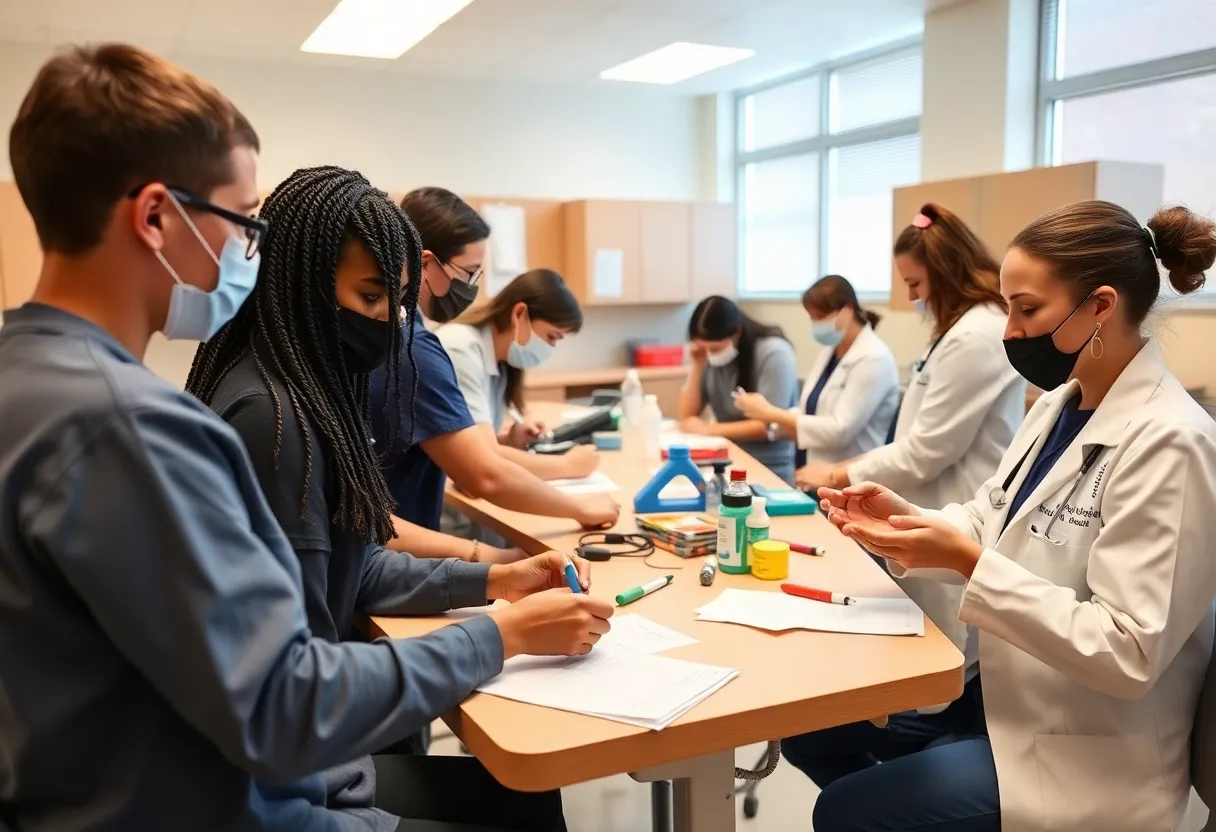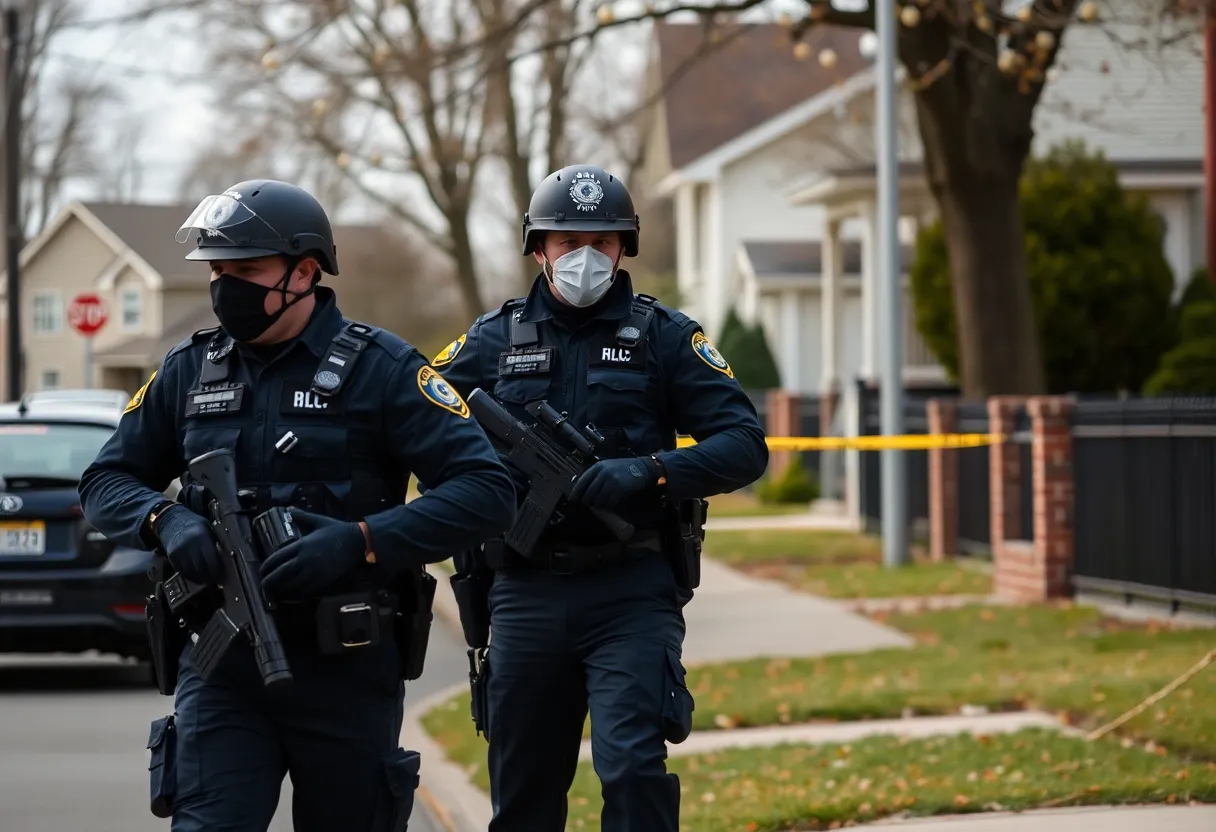News Summary
South Carolina is projected to face a significant shortage of 815 primary care physicians by 2030. In response, the University of South Carolina School of Medicine Greenville is launching the Primary Care Accelerated Track (PCAT) to quickly educate future family medicine doctors. Starting in July 2024, the program will ensure students gain hands-on experience early on, followed by a three-year residency. This initiative aims to address the growing healthcare crisis in the state, where 41 out of 46 counties are designated as Health Professional Shortage Areas.
South Carolina Faces a Primary Care Doctor Drought
In the charming state of South Carolina, the future of healthcare is looking a bit shaky as projections indicate a looming shortage of 815 primary care physicians by the year 2030. This less-than-ideal news comes courtesy of the Cicero Institute, which highlights just how important it is for the state to address this burgeoning crisis before it spirals out of control. Currently, South Carolina ranks a lowly 38th in the nation for the availability of active primary care doctors, leaving many residents concerned about their access to essential healthcare services.
A Winning Solution: Accelerated Medical Program
In response to this alarming situation, the University of South Carolina School of Medicine Greenville is stepping up to the plate with a plan to flip the script on the physician shortage. They’re launching a groundbreaking program called the Primary Care Accelerated Track (PCAT), designed to fast-track the education of future doctors. Set to kick off in July 2024, this dynamic program is aiming to alleviate the healthcare pinch by molding new primary care physicians, starting with an inaugural group of just five eager students.
The brilliance behind the PCAT is its ability to tailor the educational journey specifically for a career in family medicine. Students won’t just be sitting in classrooms for years on end; they’ll be diving into clinical rotations right from their very first year. This hands-on approach means that by the end of their three-year stint, they’ll be not only educated but experienced and ready to tackle the challenges of real-world medical practice.
Meet the Early Birds
Among the enthusiastic PCAT students is Madison Pollock, who brings her passion for medicine to the table, inspired by her mother who works as a pediatrician. Growing up in picturesque Laurens, SC, she’s excited to embark on a journey that allows her to gain practical experience quickly. Madison’s sentiments echo the thoughts of many prospective doctors who appreciate the benefits of an accelerated program. It’s a chance to grow, learn, and contribute the much-needed family medicine expertise South Carolina so desperately requires.
Committed to the Future
As part of this initiative, once these bright-eyed medical students complete their schooling, they will hop right into a three-year residency focused on family medicine with Prisma Health. Locations in Greenville, Seneca, and Greer will serve as their training grounds. To further incentivize this commitment, lucky PCAT students are in line for full-tuition scholarships. But there’s a catch—they must agree to practice family medicine in South Carolina for at least four years post-residency, a win-win for both the students and the underserved communities they will serve!
The Bigger Picture
While this program is a step in the right direction, experts warn that without significant changes, the overall number of physicians could plummet, leading to a total projected shortage of 3,230 doctors by 2030. This forecast paints a concerning picture, especially when you consider that a staggering 41 out of 46 counties in South Carolina are classified as Health Professional Shortage Areas (HPSAs). The need for healthcare professionals is critical, and the consequences of not addressing this shortage could be dire.
In summary, South Carolina is gearing up to tackle its primary care physician shortage with an innovative program designed not only to educate but also to inspire. Initiatives like the PCAT hold the promise of a brighter healthcare future for residents of South Carolina, ensuring that access to necessary medical care remains a right, not a privilege. For the students embarking on this journey, it’s more than just a career; it’s a commitment to the communities that need them the most.
Deeper Dive: News & Info About This Topic
HERE Resources
Greenville Achieves Outstanding Match Day Results
Hospitals Nationwide Face Critical IV Fluid Shortage, Impacting Patient Care
Concerns Rise as Maine Contracts with Troubled Psychiatric Facility Amid Bankruptcy
Additional Resources
- Greenville Journal: South Carolina Faces a Primary Care Doctor Drought
- Wikipedia: Primary Care
- Fox Carolina: Doctor Shortage Part 2: Three Possible Solutions
- Encyclopedia Britannica: Health Care
- NBC News: Birth Control Access Fell
- Google Search: Health Care Shortage South Carolina
- Drug Store News: Which State Has Worst/Best Accessibility to Health Care
- Google Scholar: Doctor Shortage Solutions






